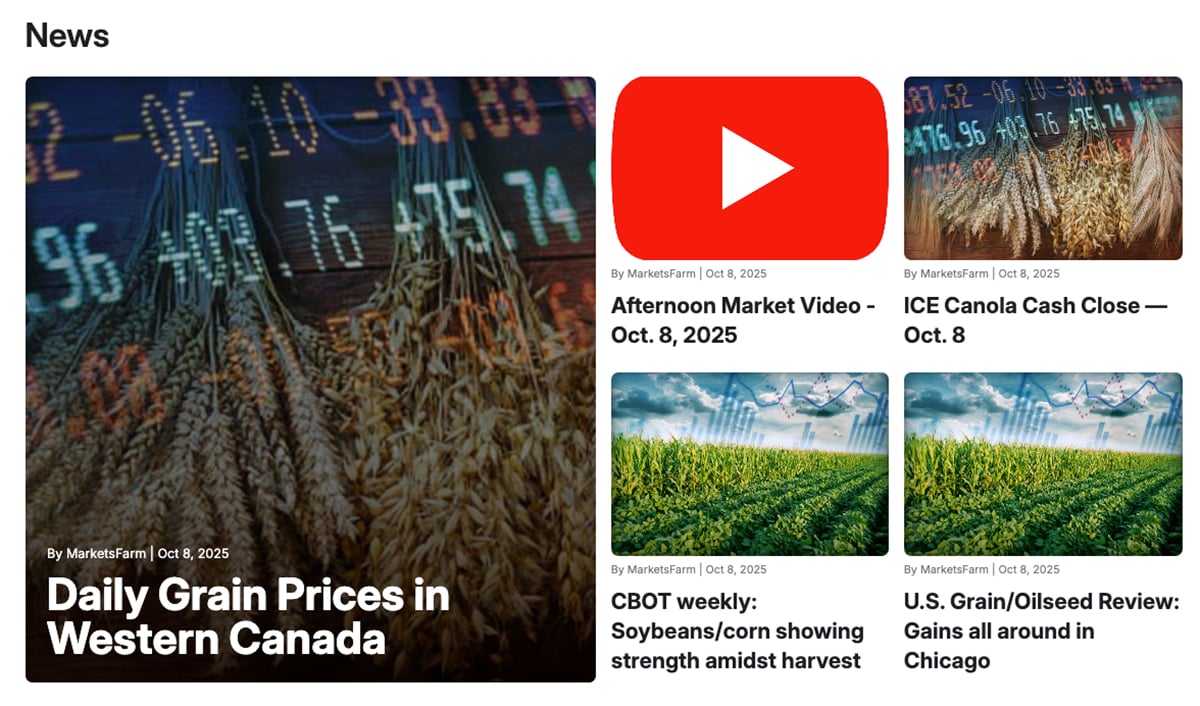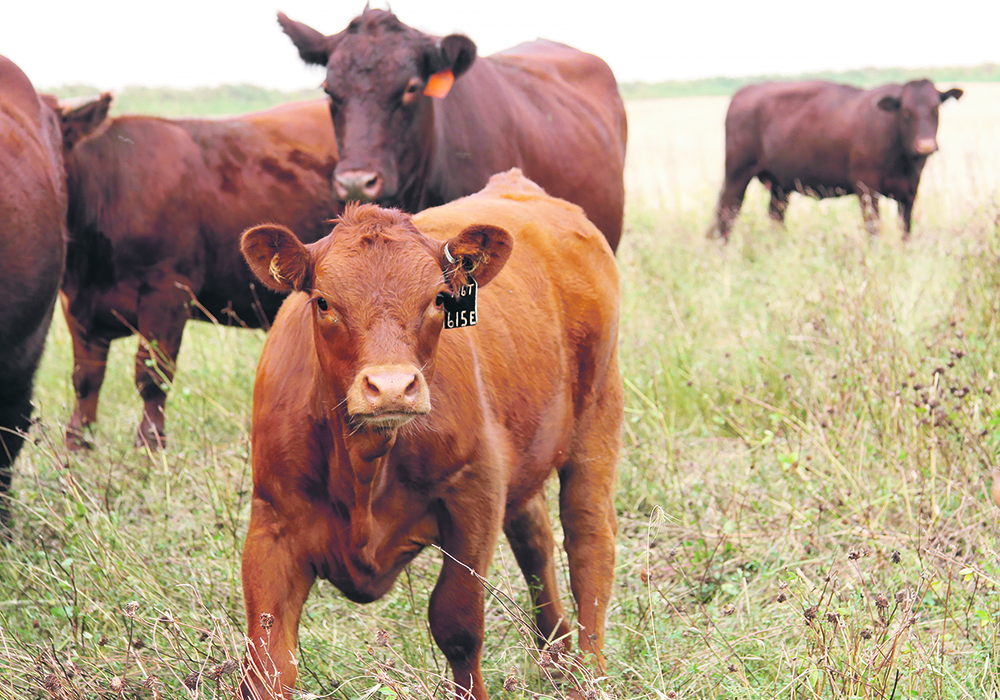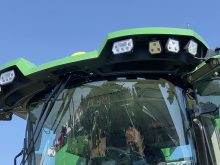Attacks on dairy industry in a Super bowl ad prompt agricultural company to take steps to help set the record straight
This is part one of a series of stories that reporter Ed White will file this summer about the different approaches that can be taken when advocating for agriculture.
DES MOINES, Iowa — Three years ago, Mark Lyons was watching the Super Bowl when he saw a TV advertisement that trashed dairy milk. He was outraged.
Other stories in this series:
- Farmer advocacy starts with building bridges
- Producers advised against fighting with trolls online
- Social media proves good way to explain agriculture
“WOW! No cow!” crooned the piano-playing chief executive officer of oat-based “milk” maker Oatley in the 30-second piece.
Lyons, president and CEO of international livestock and crops company Alltech, decided to hit back at what he considered slander against cattle, which were especially maligned for their alleged negative environmental impacts.
Read Also

VIDEO: Catch up with the Western Producer Markets Desk
The Western Producer Markets Desk provides daily updates on agricultural markets, with recent video commentary including looks into canola, wheat, cattle and feed grains.
“It’s been an amazing experience,” said Lyons about making the film, A World Without Cows, during a discussion at the World Pork Congress.
The documentary film is expected to be released sometime this year. Lyons gave filmmakers and ex-journalists Michelle Michael and Brandon Whitworth the resources to visit 20 countries to interview farmers, people living among cattle, environmentalists, opponents of animal agriculture and others.
While the film is definitely pro-cow, Lyons said he included critics of cattle so viewers could understand and evaluate the debate. He’s hoping to get the film carried by streaming services. A trailer for A World Without Cows is now available online.
It isn’t typical for an agricultural processing and inputs company to make documentaries. But Lyons said he thinks companies like his have a responsibility to push back against anti-agriculture myths that bubble around online and among the public, encouraged by activists who either don’t understand the science or misrepresent it.
Lyons has a doctorate in solid state fermentation and speaks half a dozen languages. He enjoys debating issues like the impact of cattle on climate change and the environment, but he doesn’t like hearing casual aspersions that aren’t either backed or contradicted by scientific data.
However, if people in agriculture don’t respond to misunderstandings, they shouldn’t be surprised if they become widespread, he notes. Hence the film and Alltech’s other storytelling initiatives, such as the Planet of Plenty multimedia project about sustainable agriculture.
“We just have to accept we have to keep telling the story, telling the story, telling the stories,” said Lyons.
His father founded the company and was always keen to talk about the environment, despite many in agriculture disliking that topic in the 1980s.
“Environment was not something people wanted to be talking about. He got a bit of pushback.”
That didn’t bother Pearse Lyons, an Irish scientist, and his son doesn’t seem rattled by the likelihood that he and Alltech will draw ire from the anti-cattle lobby.
“We’ll probably get some blowback, but we’re going to get that anyway. Our ‘special friends’ (the activists) are out there every day and they’re not going away,” said Lyons.
“Why not put something out into the mix that presents it in a slightly different way?”
















